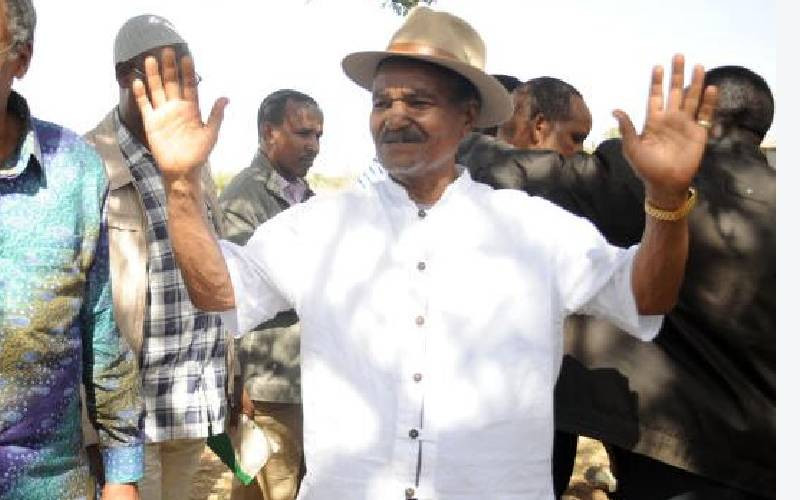×
The Standard e-Paper
Fearless, Trusted News

Diehard supporters of multi-party crusader Kenneth Matiba are remembered for coining the phrase 'voting three-piece'.
It is the trend in which if you choose to vote for a certain presidential candidate, you also vote for candidates vying for all other seats on his or her party ticket.